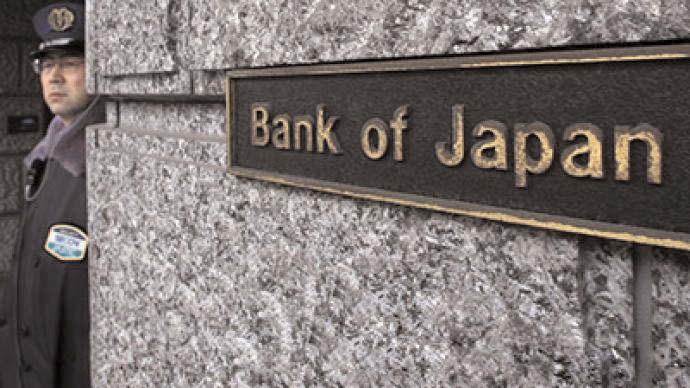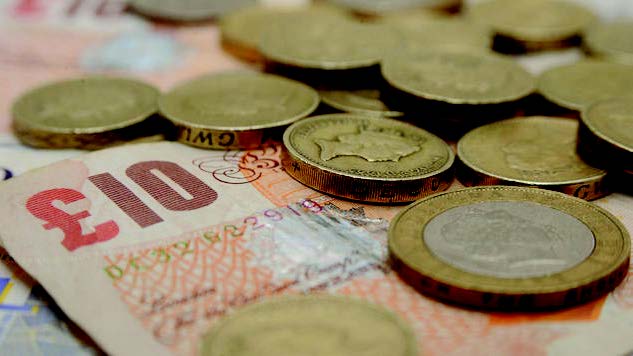
TOKYO (TIP): The Bank of Japan on January 29 introduced a negative interest policy in a move to boost a stumbling recovery in the world’s third-largest economy.
The central bank said it is imposing a 0.1 percent fee on some deposits left with the central bank, effectively a negative interest rate. It hopes that will encourage commercial banks to lend more and stimulate investment and growth. The move had an immediate impact on financial markets. Japan’s benchmark Nikkei 225 stock index, which had been down about 0.8 percent at midday, shot higher. The Japanese yen slid, with the U.S. dollar rising to 120.40 yen from about 118.50 earlier in the day.
The BOJ said in a statement that it would divide banks’ deposits into three tiers, with categories earning positive, zero and negative interest rates.
It said the policy would continue as long as needed to achieve an inflation target of 2 percent. In the meantime, the BOJ pushed back its timeframe for achieving that goal from late 2016 to mid-2017.
Earlier Friday, data showed Japan’s core inflation rate for 2015, excluding volatile food prices, at 0.5 percent.





Be the first to comment